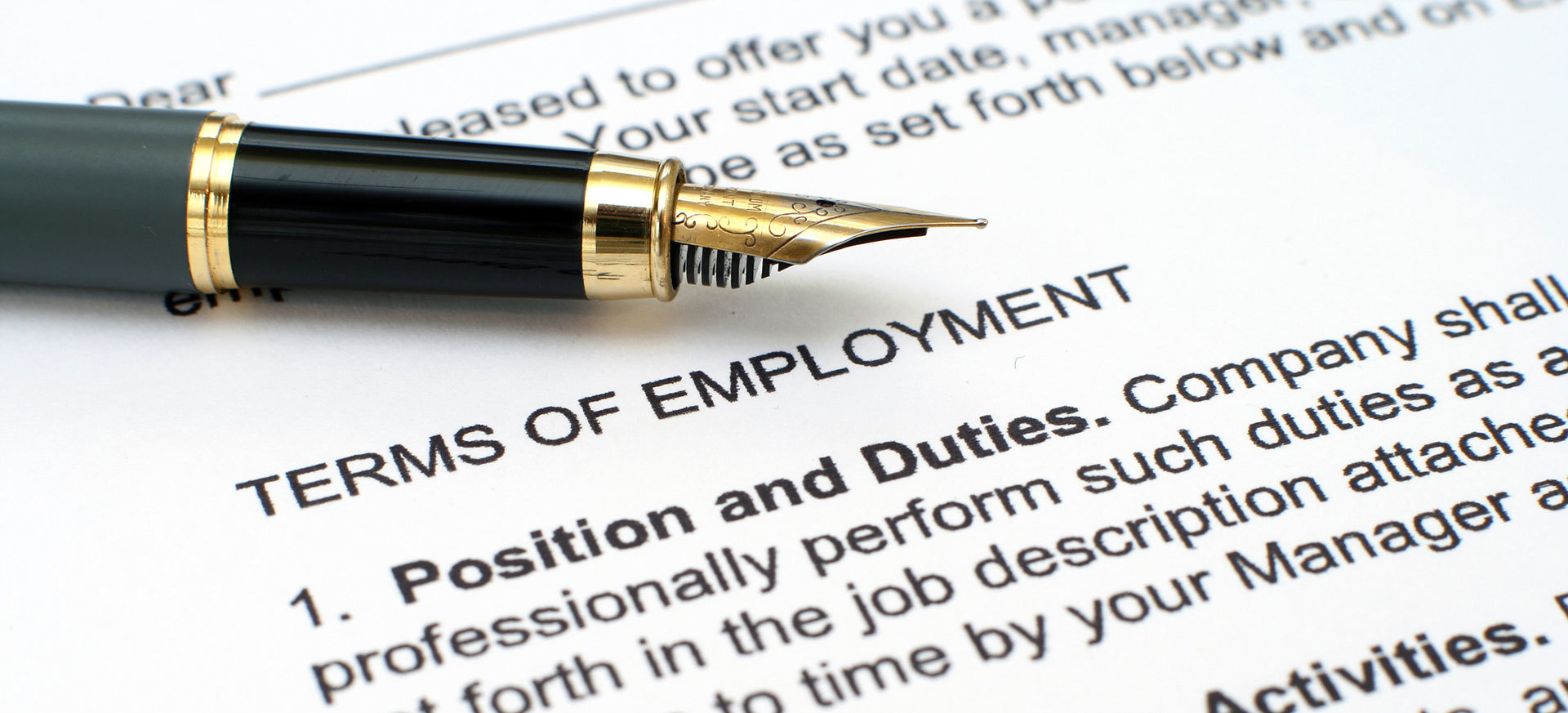RESTRICTIVE COVENANTS
How we can help:

Advise on the meaning and effect of the proposed restrictions before you sign your contract

Help you to negotiate restrictive covenants before agreeing to them

Advise you whether your new employment or business risks breaking a restrictive covenant and what you can do about it

Support you if your ex-employer claims you have breached a restrictive covenant

WHAT ARE RESTRICTIVE COVENANTS?
Restrictive covenants are terms in a contract designed to protect your employer’s business interests by preventing you using trade secrets, confidential information or client or customer relationships you gained in your employment to unfairly compete with them.
The terms of restrictive covenants will vary depending on the interests your employer wants to protect. Some common clauses prevent employees:
working for a competitor
setting up their own business
approaching clients of the business
working with clients of the business at all
recruiting colleagues to join a new workplace
making use of sensitive business information – for example, a customer database, knowledge of manufacturing processes, new product development or pricing information
Restrictions are only enforceable if they uphold a legitimate business interest. Covenants cannot be used purely to limit competition.
They must be no broader than reasonably necessary to protect the interest, which usually means they are limited to a time period or geographical area. If a clause is too broad it may be unenforceable.
WHAT RESTRICTIONS ARE REASONABLE?
Whether the clause is reasonable will depend on the circumstances of your employment and contract. Factors that could be considered include:
the geographical area covered
how long it lasts. A clause longer that 6-12 months will be difficult to justify
the activities restricted
the type of interest being protected
the relevance to your role
what is standard practice in your industry
Being unreasonable doesn’t mean you can totally disregard the clause – the courts may uphold only the reasonable parts of the covenant, if it is possible to divide it up into parts. If you believe a restriction is unreasonable, it is wise to get legal advice to be sure before disregarding the term.
WHEN MIGHT I BE ASKED TO AGREE TO A RESTRICTIVE COVENANT?
Restrictive covenants may be used in employment contracts signed at the beginning of the relationship, or settlement agreements made to end the working relationship.
If signing an employment contract, you will need to think ahead to when the contract ends. If the restriction will affect your ability to work or trade, how do you plan to deal with this? It is tempting to put the problem off until you move on, but once you have signed the agreement, you are bound by its clauses. If you later regret signing the agreement, it will be too late to make changes.
If the covenant is part of a settlement agreement, the agreement will only be legally valid if you receive advice on the meaning and effect of the restriction before signing it. Ensure that you fully understand the impact of the covenant. If you have plans for your next role or business, ask about whether these plans would breach the restriction.

BREACH OF A RESTRICTIVE COVENANT
What happens if I breach a restrictive covenant?
Your ex-employer may seek an injunction, forcing you to stop the work or business that breaches the covenant. They may also claim financial damages for loss caused by the breach - for example, profits they have lost from clients who have taken their business to you.
Disputes over restrictive covenants are contract disputes, heard in the courts rather than an employment tribunal. This means that you could also be ordered to pay your employers legal costs, on top of damages and your own legal costs.
If the breach involves you working for or with a competitor, your former employer may be able to sue them if they can show that they led you to breach the covenant.
Disputes over restrictive covenants can be very costly, so it is always best to seek legal advice as early as possible to try and avoid a dispute, or at least resolve it swiftly.
What if my employer breached the agreement?
If your employer has significantly breached the terms of your contract, you may be able to argue that the contract and its restrictions are unenforceable. There will be a lot of things you need to consider – for example, did your employer breach a term that was fundamental to the contract; did you respond quickly or did you accept the breach by continuing to work?
Even if your employer has treated you badly, don’t assume that the restrictions are void. You should seek legal advice to determine whether a court might find in your favour.
GET IN TOUCH
Do you have a legal matter you'd like to discuss with us? Get in touch using the details below or use the form here and a member of our team will be in touch to discuss your enquiry.



Address: Spencer Shaw Solicitors Limited
St Mary's House, 68 Harborne Park Road,
Harborne, Birmingham, B17 0DH

Opening hours:
Monday - Friday 9:00AM - 5:00PM
Saturday, Sunday & Bank Holidays - Closed

Keep in touch




